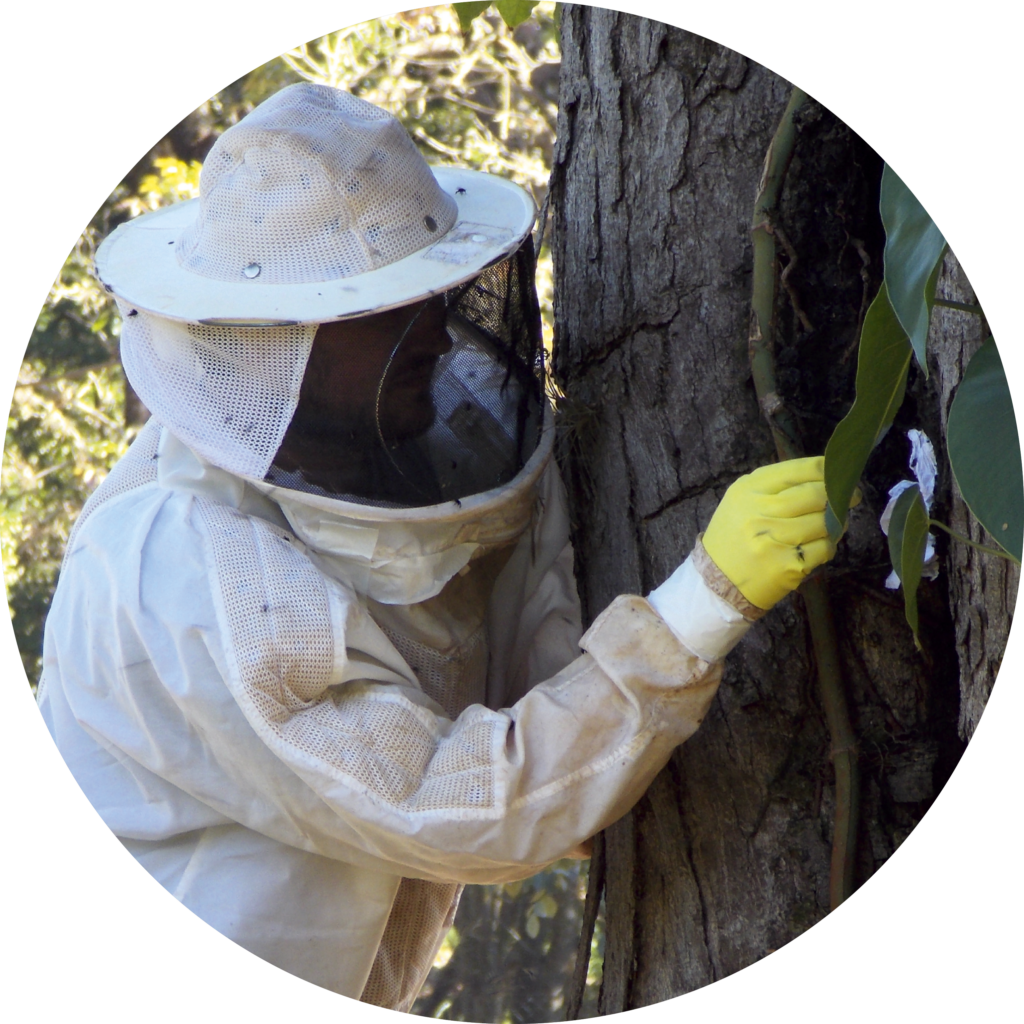MEET THE SCIENTIST
Christoph Grueter
Senior lecturer at the University of Bristol’s school of biological sciences on foraging bees

CHRISTOPH GRUETER is particularly interested in social insects. He studied zoology at the University of Bern, Switzerland and did his PhD at the University of Buenos Aires, Argentina, and the University of Bern.
“Living in a society has its own challenges and I am fascinated by the many different ways that social insects have found to address these challenges – this includes communication, division of labour or collective defence,” says Christoph. “Understanding their behaviour is often necessary to understand the roles that ants or bees play in their and our world as pollinators of plants or predators of arthropods, for example.” His latest study, conducted with master’s student Lucy Hayes, found that social bees have much larger foraging ranges than solitary bees, which is not down to one factor, but a combination of factors that are the result of social life.
“Living in a colony means that you potentially compete over food with your sisters. One solution to this is to forage at greater distances from your nest,” he explains. “The ability to communicate about food sources and specialising on particular flower species also lead to larger foraging distances.” During lockdown, they used computer simulations with ‘virtual’ bees and combined this with data from published literature. For the next stage of their research, the pair plan to study bees in their natural environment.

“There are different ways to measure the foraging distance of a bee but the most common method is to catch bees near their nest, mark them (for example with a colour dot) and then release them at different distances from their nest,” says Christoph. If bees can return to their nest without much delay, we have good reason assume that the release point was familiar to the bee and, thus, within their foraging territory.”
“Our findings so far suggest that foraging success in social bees is less affected by habitat fragmentation as they can cover larger distances to find food. Solitary bees, however, are likely to struggle more in fragmented landscapes. Plant species that depend on pollinators also face habitat fragmentation. Social bees, such as honeybees or bumblebees, might come to the rescue in these situations because they will find isolated plant populations more easily.”